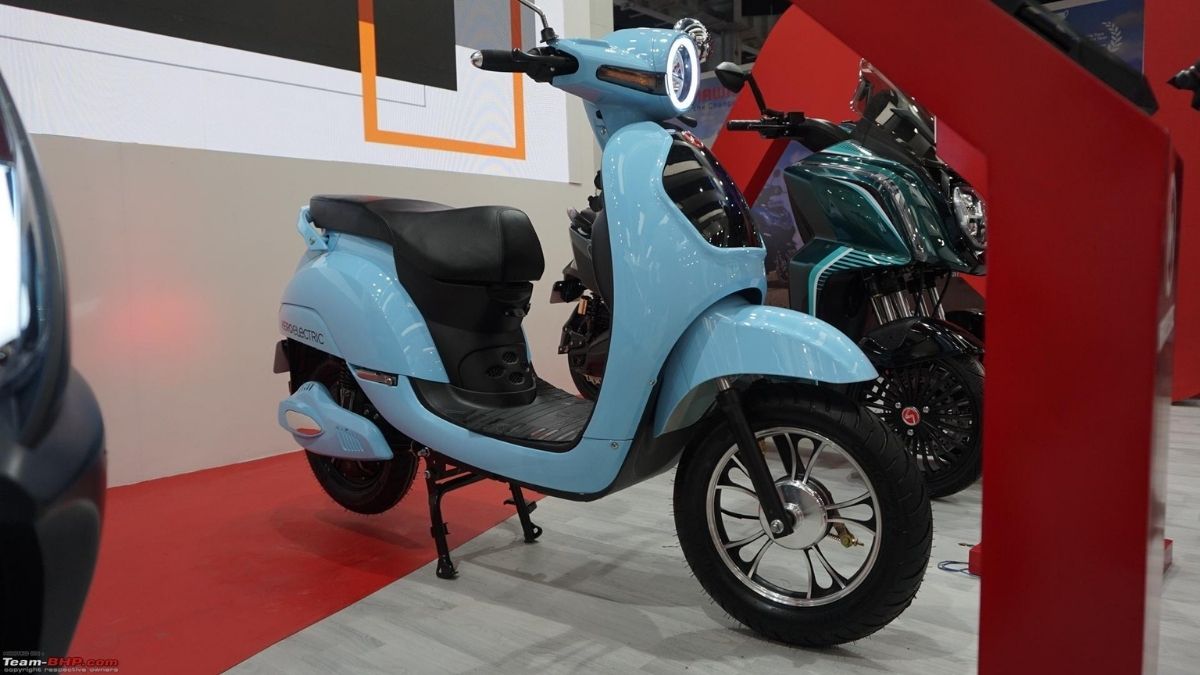Estimated reading time: 3 minutes
The Ministry of New and Renewable Energy (MNRE) has recently announced a significant policy shift aimed at accelerating the development of solar and renewable energy parks by Central Public Sector Undertakings (CPSUs) and their joint ventures. This new directive exempts these entities from the requirement of having their Detailed Project Reports (DPRs) vetted by state government committees.
Streamlined Submission Process for CPSUs
Under the new guidelines, the DPRs for these renewable energy parks can be submitted directly to the Solar Energy Corporation of India Limited (SECI), the Indian Renewable Energy Development Agency Limited (IREDA), or the Ministry of New and Renewable Energy (MNRE). This move is designed to reduce bureaucratic delays and streamline the approval process, thereby fostering a more efficient pathway to the development of renewable energy infrastructure.
Requirements for Solar Park Approval
Despite this exemption, Solar Power Park Developers (SPPDs) must still obtain board approval for several critical aspects. These include infrastructure development charges, operations and maintenance (O&M) charges, land lease charges, and Return on Equity (RoE). This ensures that while the process is expedited, there remains a robust framework for financial accountability and project viability.
State Government PSUs and Approval Protocols
For state government Public Sector Undertakings (PSUs) involved in the development of solar and renewable energy parks, the new policy mandates that their DPRs, along with associated costs such as park infrastructure development charges and O&M charges, must still receive approval from the respective state government’s department of power. This maintains oversight and ensures that state-specific considerations and regulations are adhered to.
Private Developers and State Approval Requirements
The notification also clarifies that private developers creating solar and renewable energy parks are not exempt from state-level scrutiny. Their DPRs must undergo the standard vetting process by the state government committee, ensuring that private initiatives align with state policies and land use regulations.
Impact on the Renewable Energy Sector
This policy adjustment by the MNRE is poised to impact the renewable energy sector significantly. By removing the state vetting requirement for CPSUs and their joint ventures, the government aims to accelerate project timelines and enhance the overall efficiency of renewable energy park development. This is expected to contribute to the broader goals of increasing renewable energy capacity and reducing carbon emissions.
Conclusion
The exemption from state vetting for CPSUs and joint ventures marks a strategic move by the MNRE to streamline renewable energy project approvals. While it simplifies processes for these entities, it retains necessary checks for financial and operational accountability. For state government PSUs and private developers, the requirement for state approval ensures balanced oversight. This nuanced approach reflects the government’s commitment to fostering rapid renewable energy development while maintaining regulatory integrity.
This policy shift is a testament to India’s dedication to expanding its renewable energy footprint, supporting sustainable development, and meeting its ambitious clean energy targets.





















Leave feedback about this